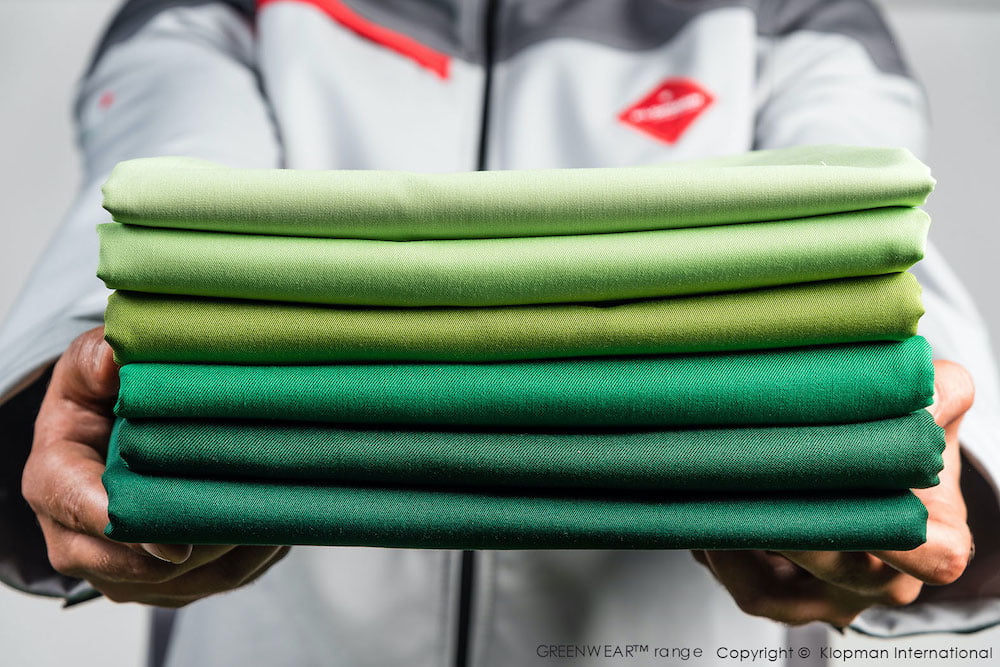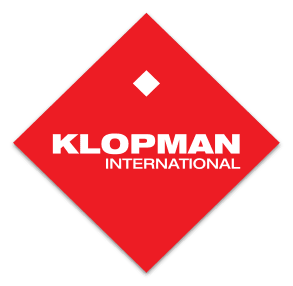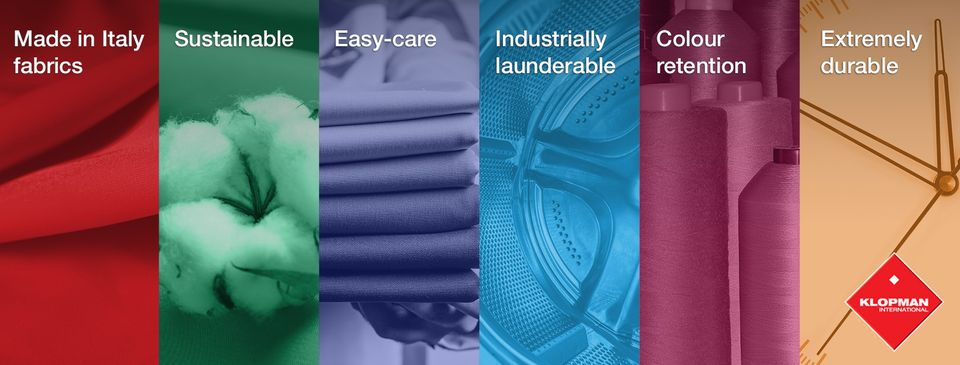Interview with Mukesh Vijaywargi – Area Director | Klopman International Branch Middle East
Klopman is Europe’s leading manufacturer of polyester/cotton clothing fabrics for workwear, protective wear and casual apparel. It was in 1967 when Klopman introduced the concept of 65% polyester 35% cotton workwear fabrics to Europe. Since then, the company has grown to become Europe’s leading supplier in the production of special textiles for the workwear market.
1- What is Klopman Textiles’ range of products?
The Klopman range of products are:
Workwear fabrics, developed to meet the everyday needs of every kind of worker include polyester/cotton, cotton rich, stretch and Tencel fabrics.
Protective wear fabrics, specially designed for use in functional PPE garments to protect the worker’s body from injuries during occupational activities and compliant to international standards.
Corporatewear fabrics, from denim to outdoor fabrics, from apparel to casual work fashion fabrics
And the new greenware fabric range includes all fabrics made with sustainable raw materials, like recycled polyester, organic cotton, Better Cotton and Fairtrade cotton.
2- How do you evaluate the fabric manufacturing sector in Italy in general?
Klopman produces over 40 million meters of fabric in the heart of Italy. The quality of our fabrics and customer service have made our fortune through the years despite the competition.
European production is a guarantee for our customers as we comply to the highest quality, sustainability and society standards. Our fabrics are long-lasting, made of high-quality raw materials, produced with Reach-compliant chemicals, without the use of any toxic substances and in a safe environment for our employees.

3- What percentage of your products export to international markets and what percentage do you use in the Italian local market?
We export 94% of what we produce and the destination of our operations are in over 70 countries all over the world. Our main markets are Germany, France and Scandinavia but we are rapidly growing also in emerging markets, from the Emirates to South Africa.
4- How do you predict next year for the textile and apparel industry?
2022 has been a very challenging year for Europe, the energy crisis arriving after two years of pandemic restrictions has been particularly difficult for every company. We are optimistic for the year to come as things seem to be slowly starting to stabilize.

5- Let us know about your latest products, research and development, new investment and …
Our main investments nowadays are on the sustainability side. The fashion and the textile industry in general has a big responsibility to future generations. We have to produce above all long-lasting fabrics and then we have to make sure these fabrics can be recycled to save resources and reduce waste.
This is why we are investing in many related projects under the concept of #KlopmanCircular. #KlopmanCircular is the concept the company that has been developed to support the development of different projects having the aim of protecting our planet by recycling resources.
The first fabric launched with this project is Superbandmaster (SBM) Circular. It is the first 65/35 polyester-cotton fabric on the market based on multi-fibre composition ready to move from a trial phase into a full-scale project. The process of creating SBM circular uses post-consumer resources to obtain a new raw material that can be transformed into a finished product.
6- Sustainability is an important subject for textile manufacturers all around the world and especially for Europeans, what is Klopman Textiles’ sustainability policy and what did you do for this?
Attention to sustainability is growing everywhere. We believe that a sustainable approach to business contributes to our commercial success in the marketplace. We want to lead the change, not only to produce good economic results but, above all, to be a social actors capable of improving the lives of communities.
To do so, we believe that reducing environmental impact through a circular economy is one of the most important undertakings for the future of the textile sector.
On top of that and to seal our commitment, we have also joined the United Nations’ Global Compact agreement in order to promote sustainability throughout our value chain and to ensure decent and productive work in conditions that support freedom, equality, security, human dignity and gender equality

7- At the end, you can add any other information that you think is interesting for readers in the EMEA region and a better interview.
Middle East has a very good uniform culture – as most people who are working are provided with uniforms. Nowadays there is also an increase in attention to sustainability – which will lead to a better quality of fabrics used for uniforms being used in the future.
There is also interest in the RENTING model for the convenience it offers and its sustainable imprint. So, we see this as a natural progression towards a more mature uniform market.
























